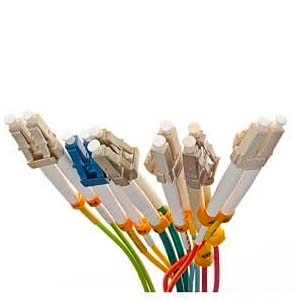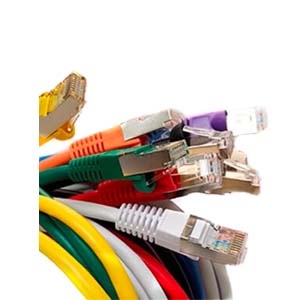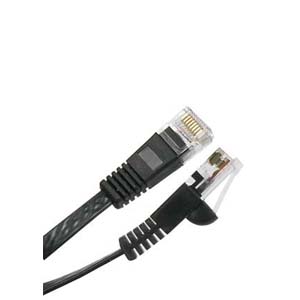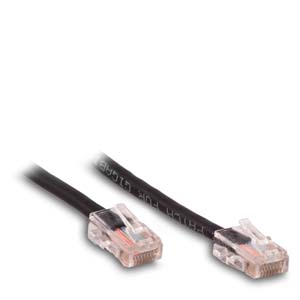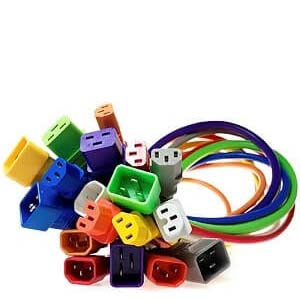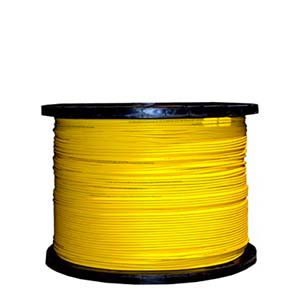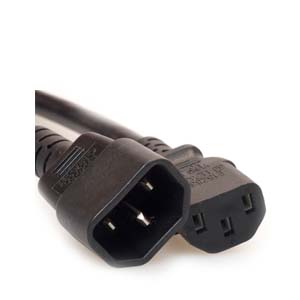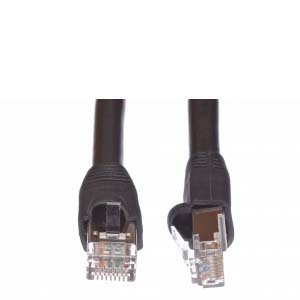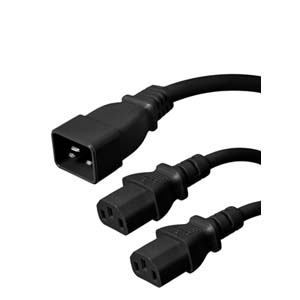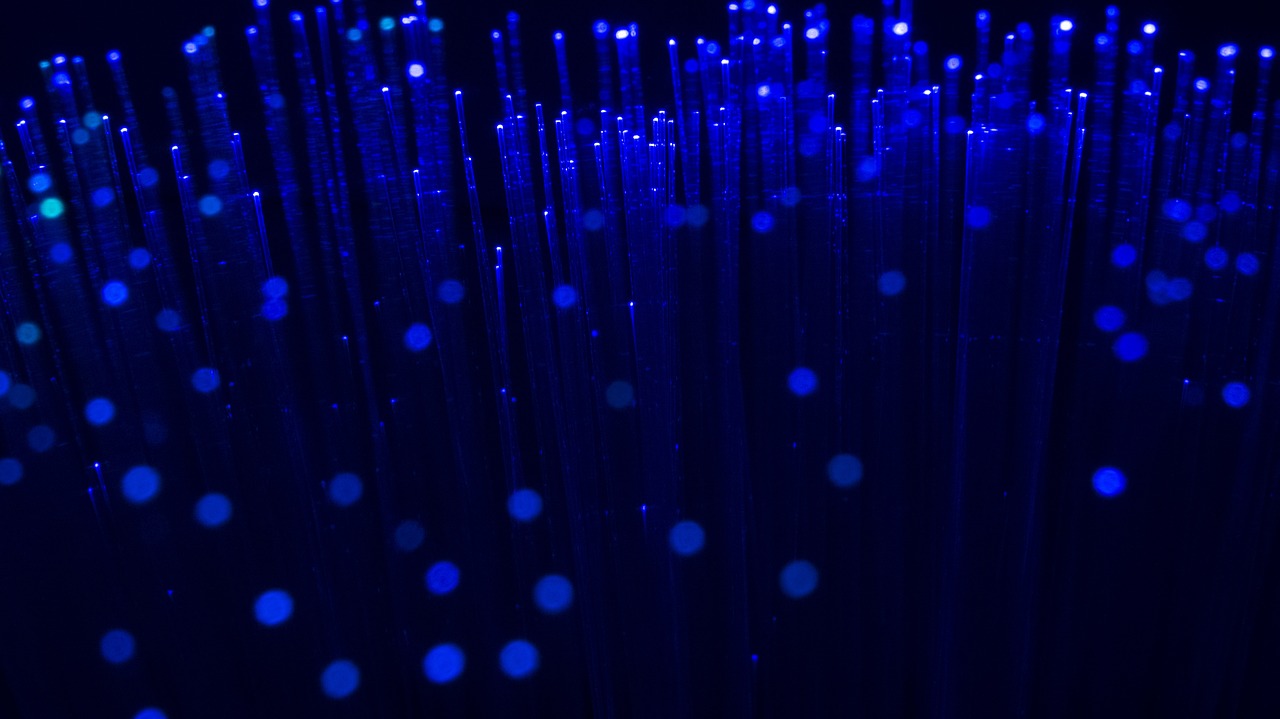Cables Blog
Should I Purchase Cat 6 or Fiber Cable?
How to Choose Between Cat6 Ethernet and Fiber Optic Internet
The key differences between the two are affordability and reliability.
by Vikas Dayal • July 05, 2024
Fiber Optic Cables, ethernet cables, Cat5e / Cat6 Cables
Fiber optic connections are on the cutting edge of information networks, while wifi is the industry standard and most commonly used in homes and offices. The key differences between the two are affordability and reliability. Whether you're looking for stability vs speed, you have a lot to consider when you're looking to purchase cords or cables for your network connection. Let Cables.com break down some of your choices and help you make your decision.
Fiber optic connections are on the rise, but broadband internet remains the standard for use in home and office computing. Which should you entrust with your data? That will depend on numerous factors, and even then, there's no one-size-fits-all answer.
The best network patch cable for you will depend on the extent of your data network connection, as well as what you want from it. Fiber optic connections are on the cutting edge of information networks, while wifi and ethernet are the industry standard and most commonly used in homes and offices. The most significant differences between the two are affordability and reliability. Whether you're favoring stability or speed, there's a lot to consider when you're looking to purchase cords or cables for your network connection.
Category6 Ethernet Pros and Cons
Today, Category 6 cables are considered the standard when you're looking to set up an ethernet network. This applies to both home or office set ups, whether you're looking to transmit data pertaining to business deals or to play some World of Warcraft.
Cables.com's Cat6 and Cat6A standard ethernet cables offer up to twice the performance speeds of Category5e cables, and are gigabit rated. Our Datacomm cables are available in a variety of configurations, and they're proudly manufactured in the USA. You can also rely on them to work with POE (Power Over Ethernet) Devices without any need for further special cabling.
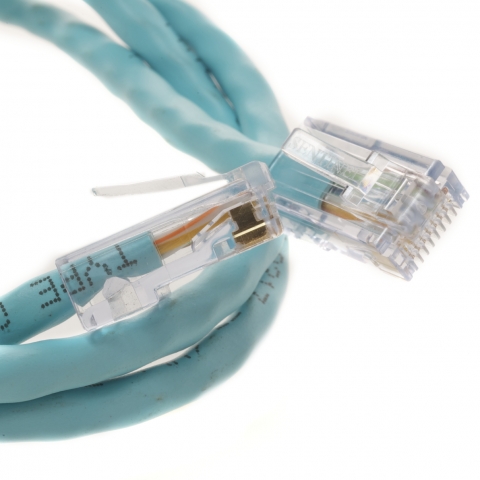
So what are some reasons you might choose Cat6 network patch cables over a fiber optic network? An ethernet cable is a good way to obtain a reliable and secure connection between your office or home network devices and the internet. When you're shopping at Cables.com, you have the option of buying Bootless Cat6 Patch Cables that can fit snugly in all receptacles for all applications, including high density network switches. Our Category 6 cables are rated for up to 550Mhz, fast enough for gigabit applications, and are made up of 4 pairs of 24 AWG High Quality 100% bare copper wire.
Though our ethernet cables can be purchased in a shielded or unshielded configuration that will impact how they operate near power cables or in busy environments, the important thing to remember is that they simply won't allow for data transmission that's as fast as fiber optic networks. What you get from an ethernet cable is ease and affordability as opposed to speed. This means they're the more economical option, as they're less expensive and easier to install than a fiber optic connection.
Fiber Optic Internet Pros and Cons
Fiber optic networks are on the cutting edge today. You can expect fiber optic internet to run much more quickly than an ethernet network - under ideal conditions, more than 100x faster. T
Fiber optic cable can transmit data more quickly than wifi, but how reliable is a fiber optic network? To put it simply, the answer to that question is "very." One significant drawback to a wifi installation is the ease with which distance and physical obstacles can disrupt your connection. There's also the issue of network congestion, which means that your devices might operate more slowly when multiple users are attempting to use the same network at once. There's also the matter of your connection's security. While no connection is perfect, especially in the face of a malicious entity determined to access it, fiber optic internet connections are generally considered more secure than standard wifi.
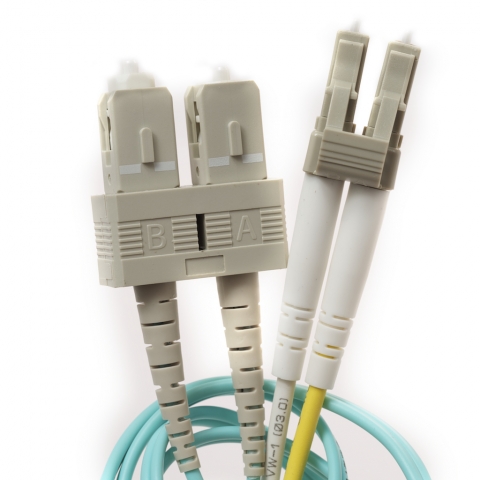
Fiber Optic Cables come in Single Mode and Multi Mode Patch cables, all of which contain a fine glass cord inside a PVC or riser-rated jacket. Which should you choose? That depends, again, on the needs of your particular data network. The main draw of single mode fiber optic connections is near unlimited bandwidth, and of course, a lower cost. It's important to note that multimode optical fiber is better for transmission over shorter distances, and less expensive than single mode fiber besides.
All that said, you get what you pay for, and you pay for what you get - installing a fiber network is likely to be significantly more costly than ethernet. Depending on the size and nature of your operation, you might fare suitably without it.
Choosing Your Network Patch Cable at Cables.com
It's a big decision, and you might find yourself needing a little assistance! Cables.com has you covered. Our Quick Patch Finder can help you match a cable to your particular need. And if you've still got questions after that, feel free to Contact Us via our webform or by email at sales@cables.com. We're a US-based cables manufacturer in New York State, and we're able to provide custom-built cables from the writing on the plastic sheathing down to the copper wire if that's what you're looking for.
We're always happy to help!
SHOP NOW: Category 6A Network Patch Cables - OS2 Single Mode Patch Cables - OM4 Multi Mode Fiber Optic Cables


